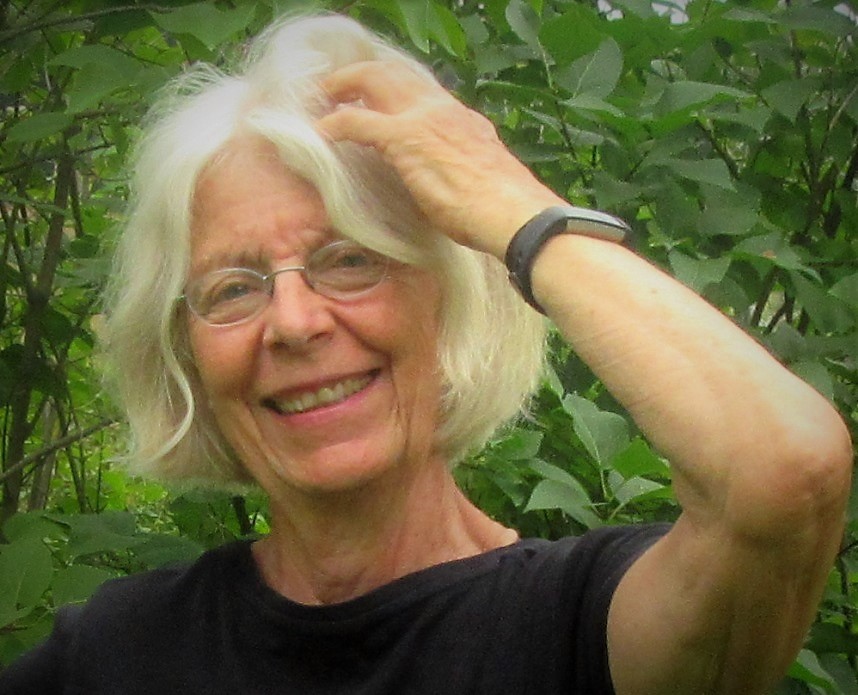
Photo Credit
Mare-Anne Jarvela
Subhead
It's not just a marketing slogan.
recognize that hiring other people to do my own work not only saves me money, but saves my health.
Should this not say “…not having to…”
I think she meant to say that NOT hiring people to do her own work has helped her to remain healthy.
Brisk Walking is a good free exercise~
Hi Margaret,
Thanks for this essay. I always read and enjoy your articles on Old Farmer’s Almanac! It would be interesting t learn more about your time in rural New Hampshire.
Love this article!!! Our daughter quoted me this phrase so many times in 2020 telling me at my age of 76 I needed to do more exercising. It was getting harder and harder for me to get up and down to tend my flowerbeds and do other things that required bending. I could hardly pick up a 25 lb of bird seed. So I joined her local health club that does Strive classes, stretching and drum classes that I attend. It’s been wonderful!!! Our instructor said are one on one even with 30 in a class. It’s helped me tremendously!!! It’s hard to get started but it’s worth it!!
That's awesome! Good on you for taking on new ways of looking after your health, even at 76. Keep it up!
Hi Margaret! I'm looking for a good folk story that exemplifies "use it or lose it". I've read a couple of your articles on farmers almanac and like your content! Can you think of any "use it or lose it stories"? Like fables, parables, etc. Thanks!
But this scholarly study by a physician should tell you everything you need to know about the value of "inefficient living," especially as you age. Towards ageing well: Use it or lose it: Exercise, epigenetics and cognition.
Keep movin'!










Comments